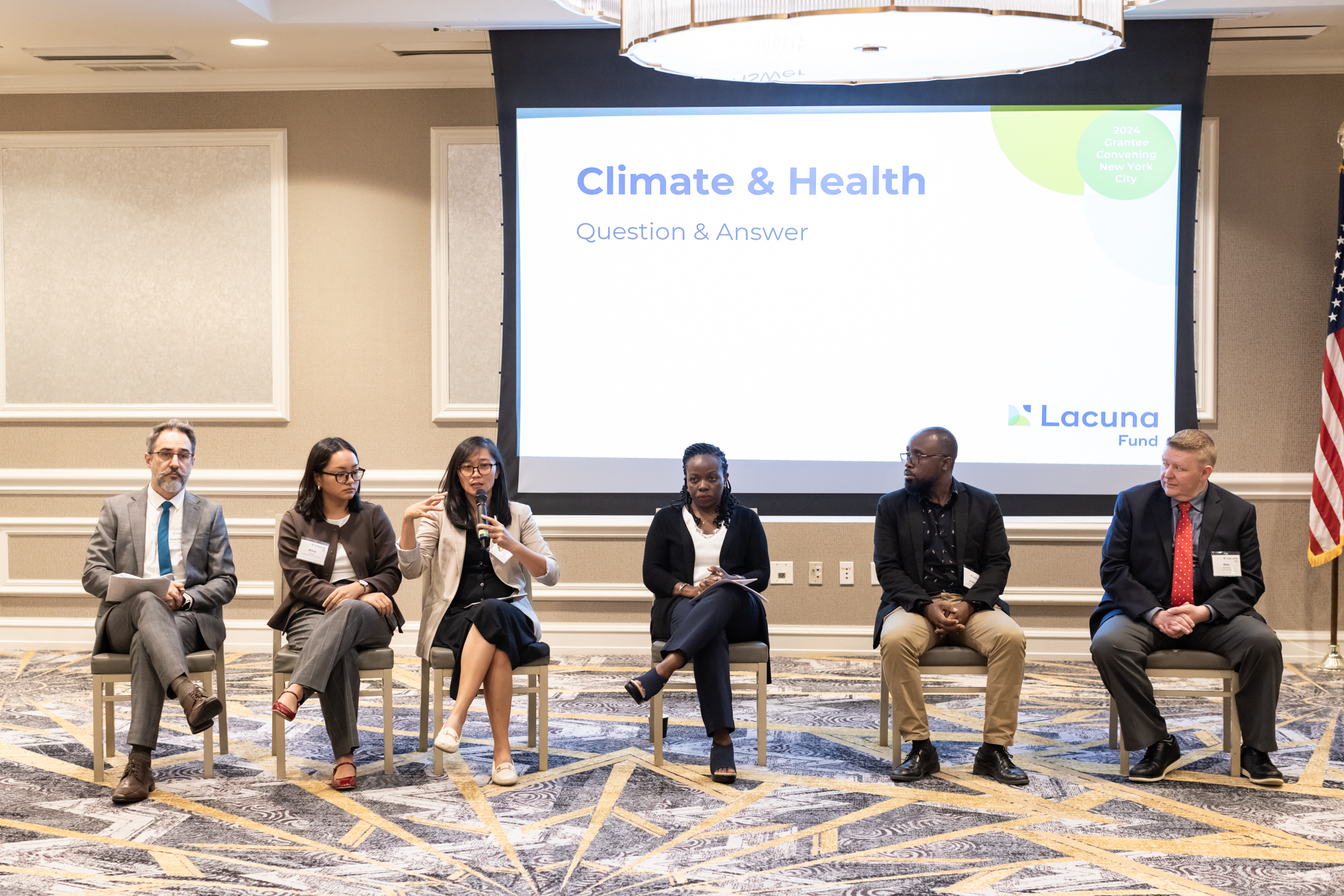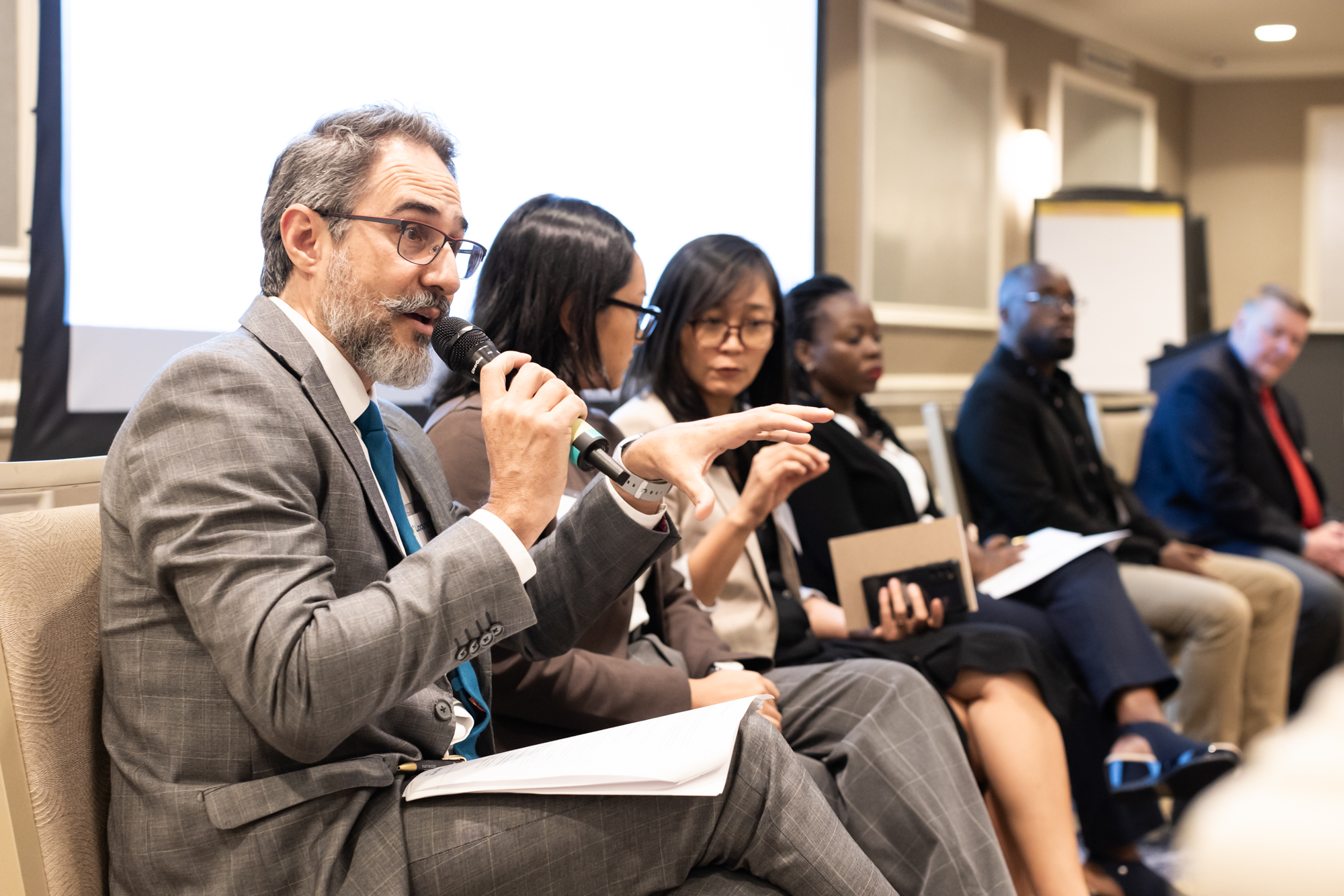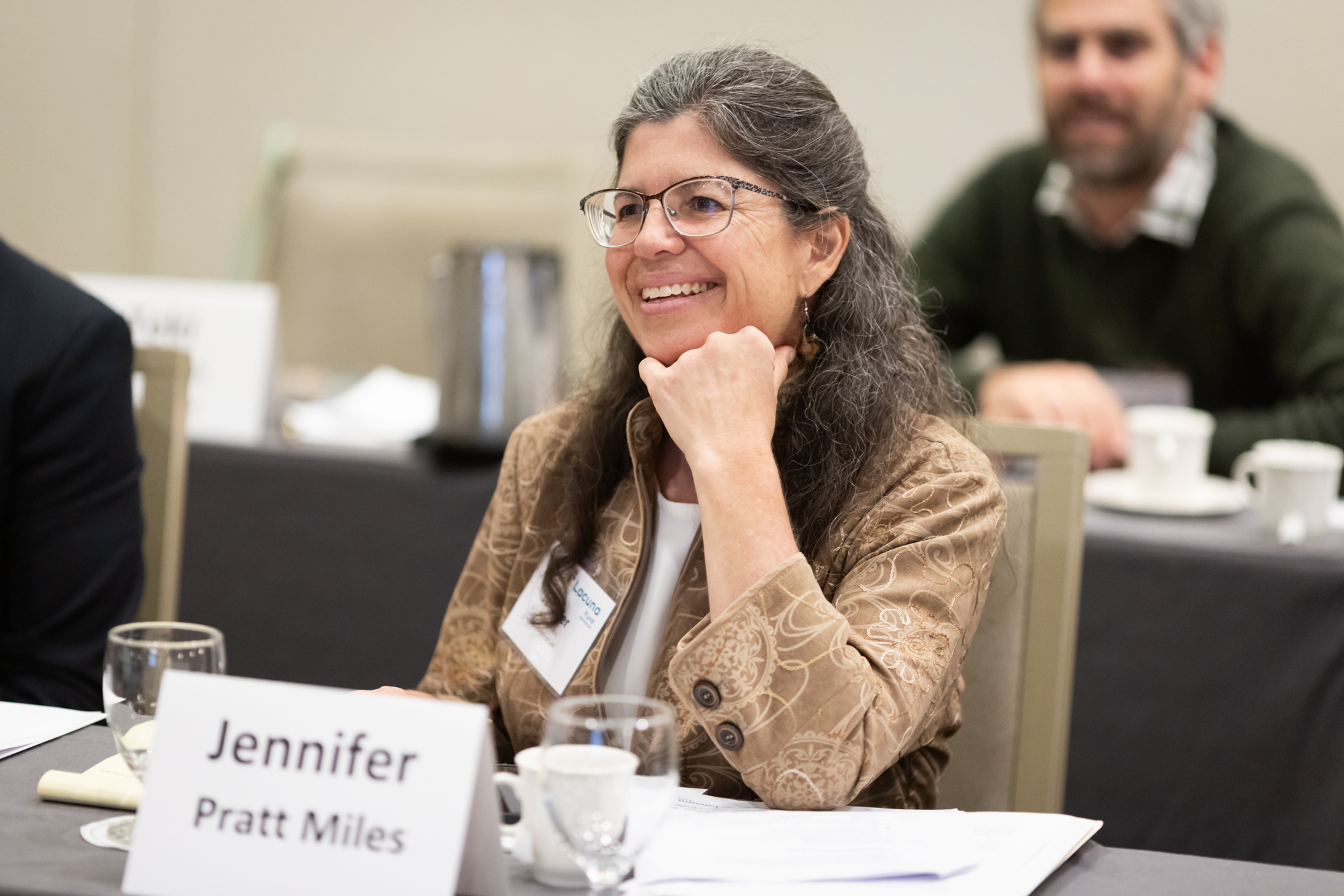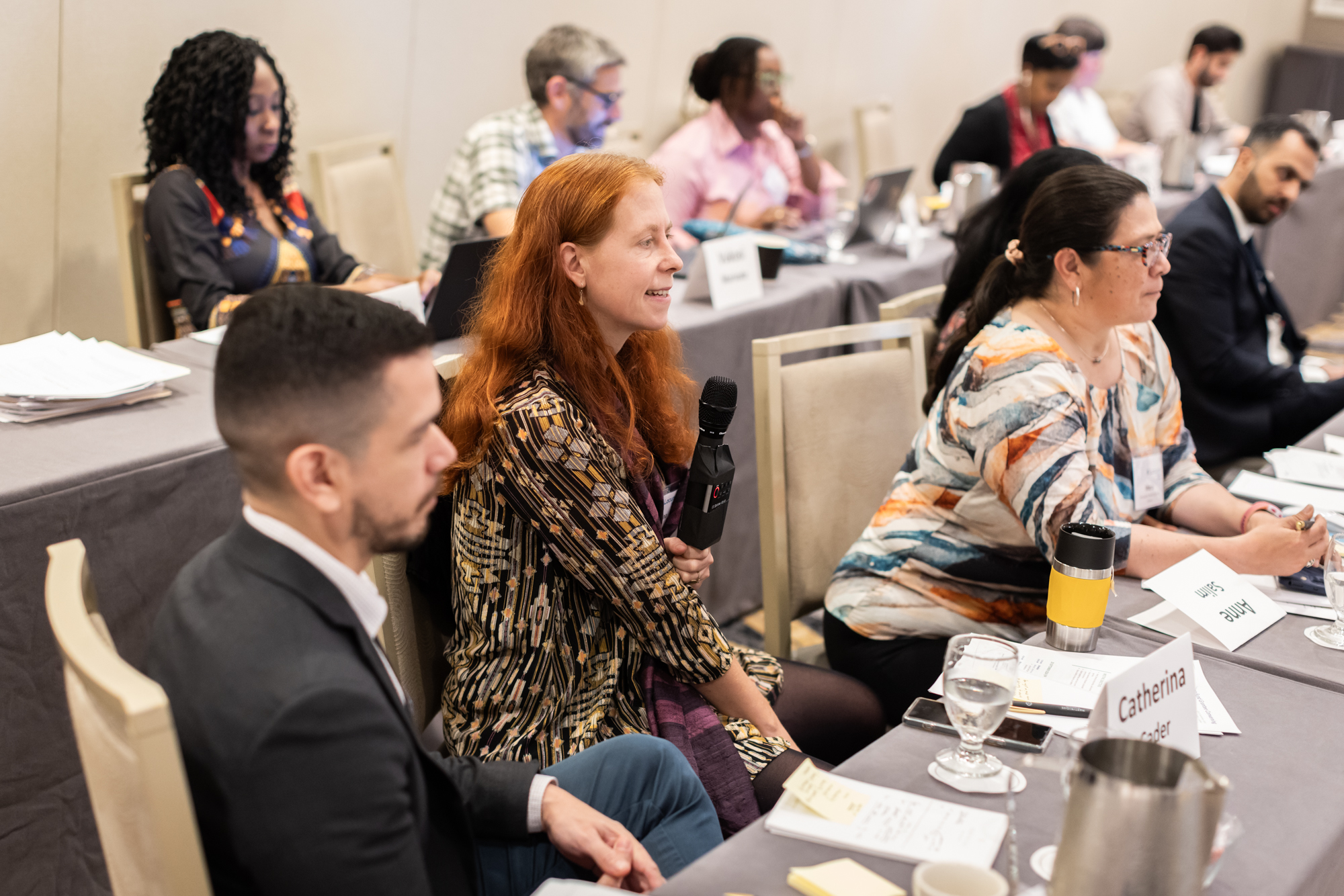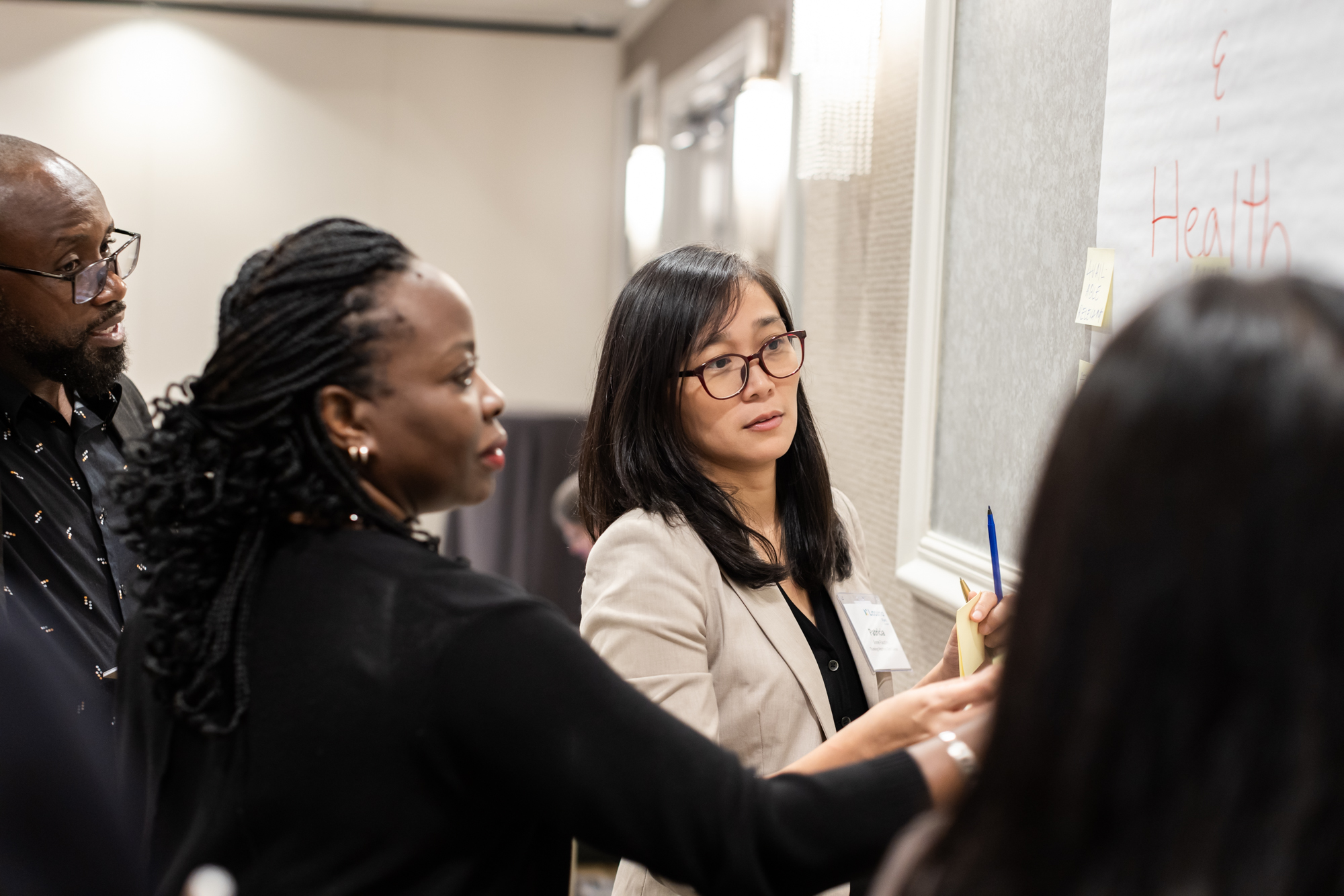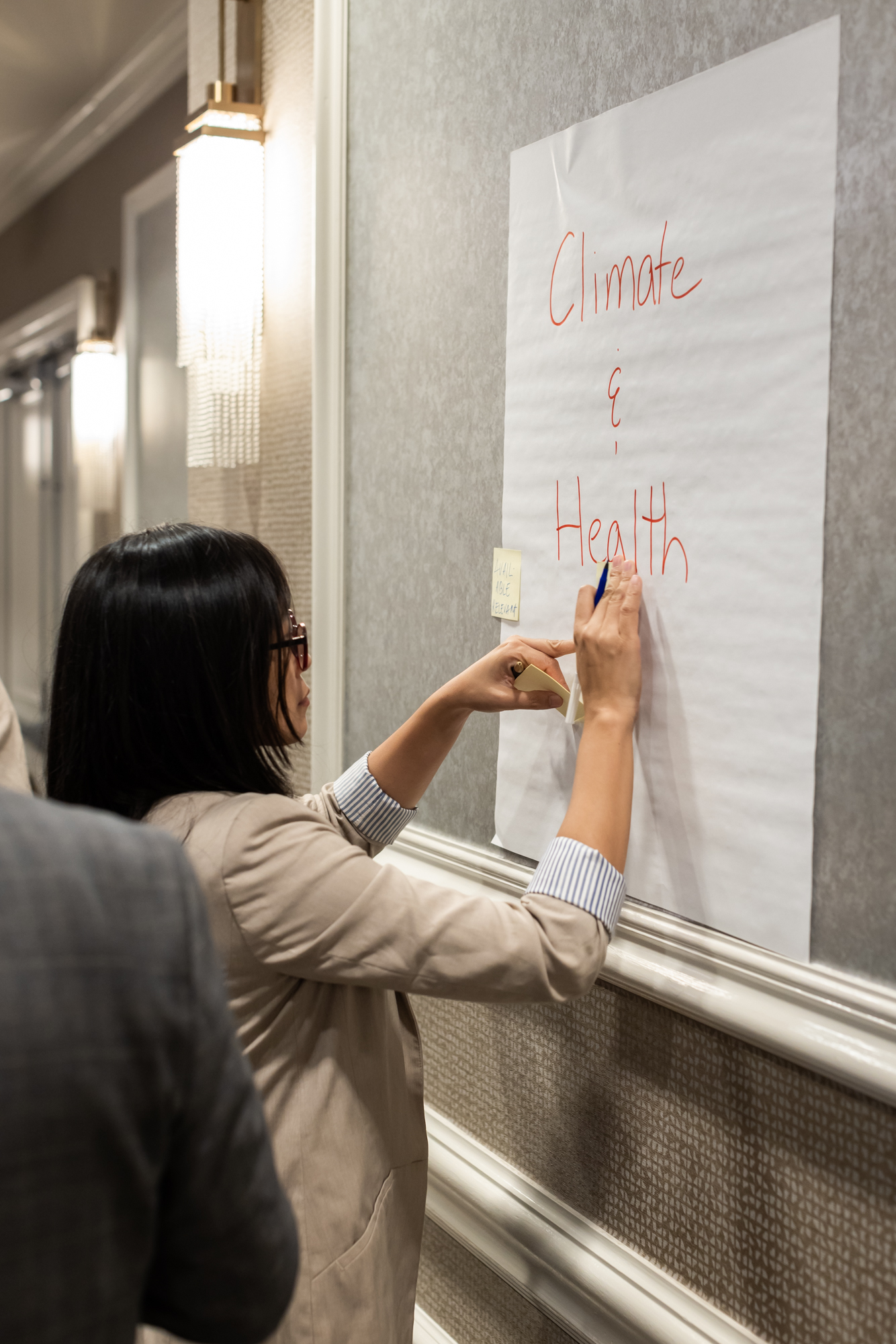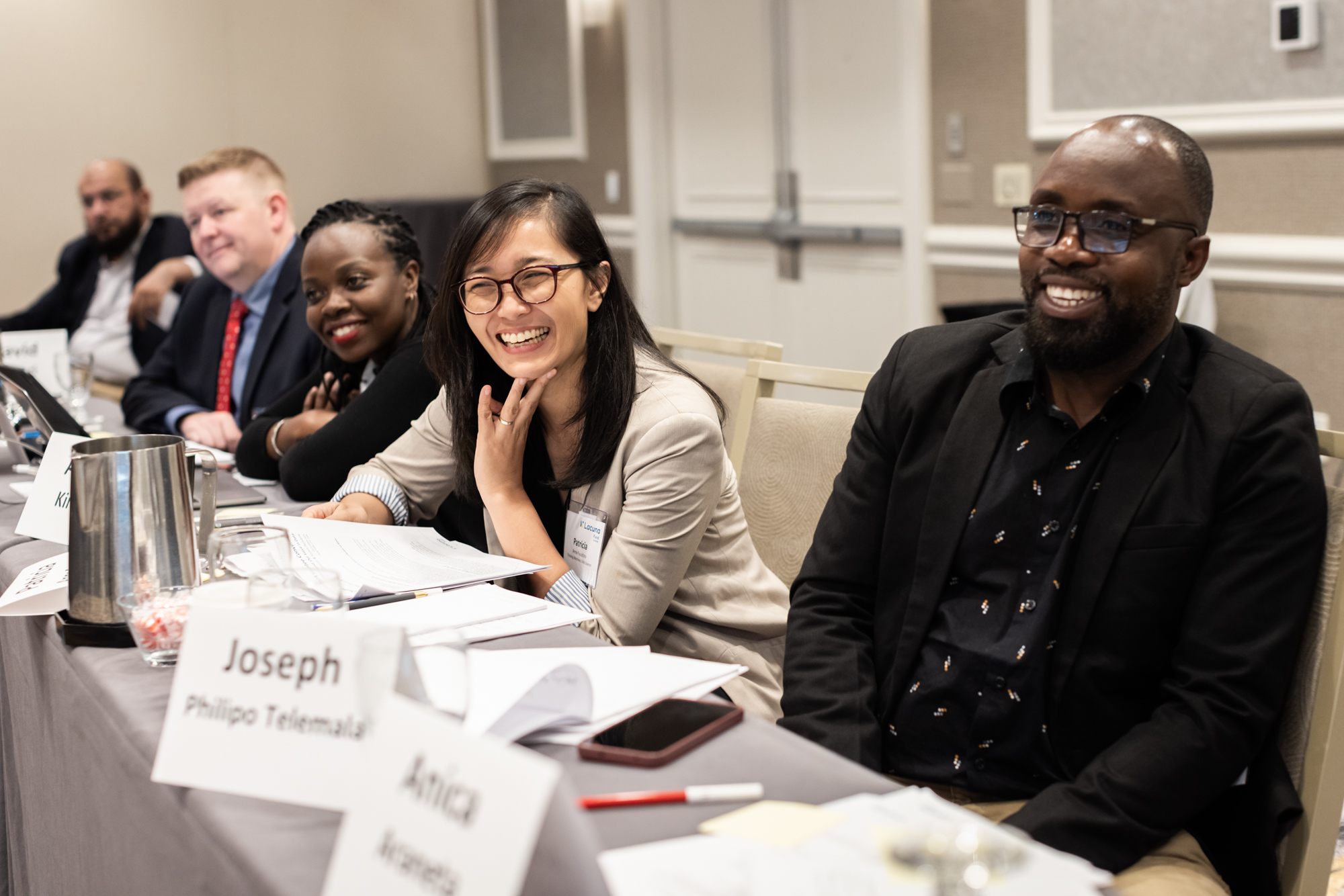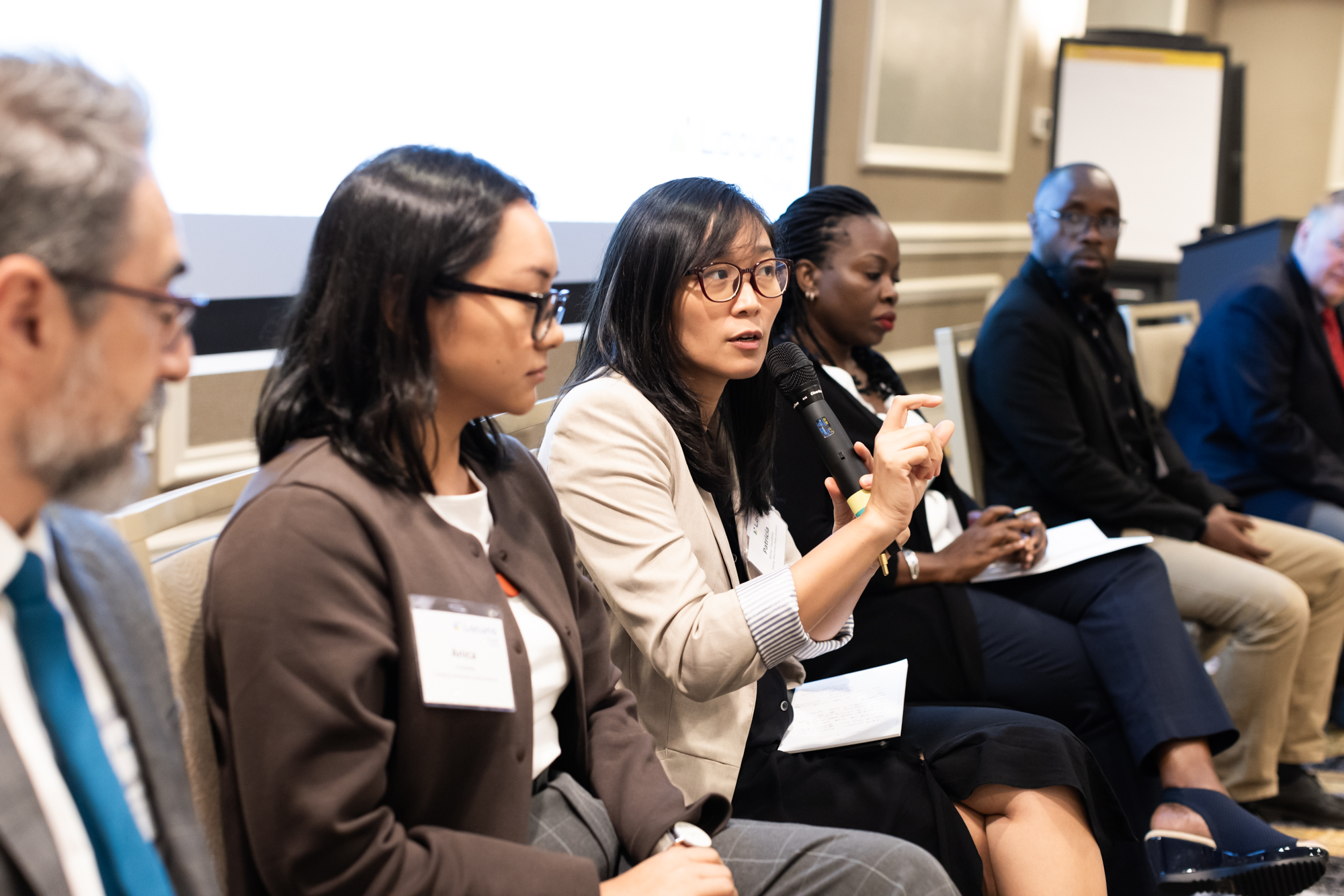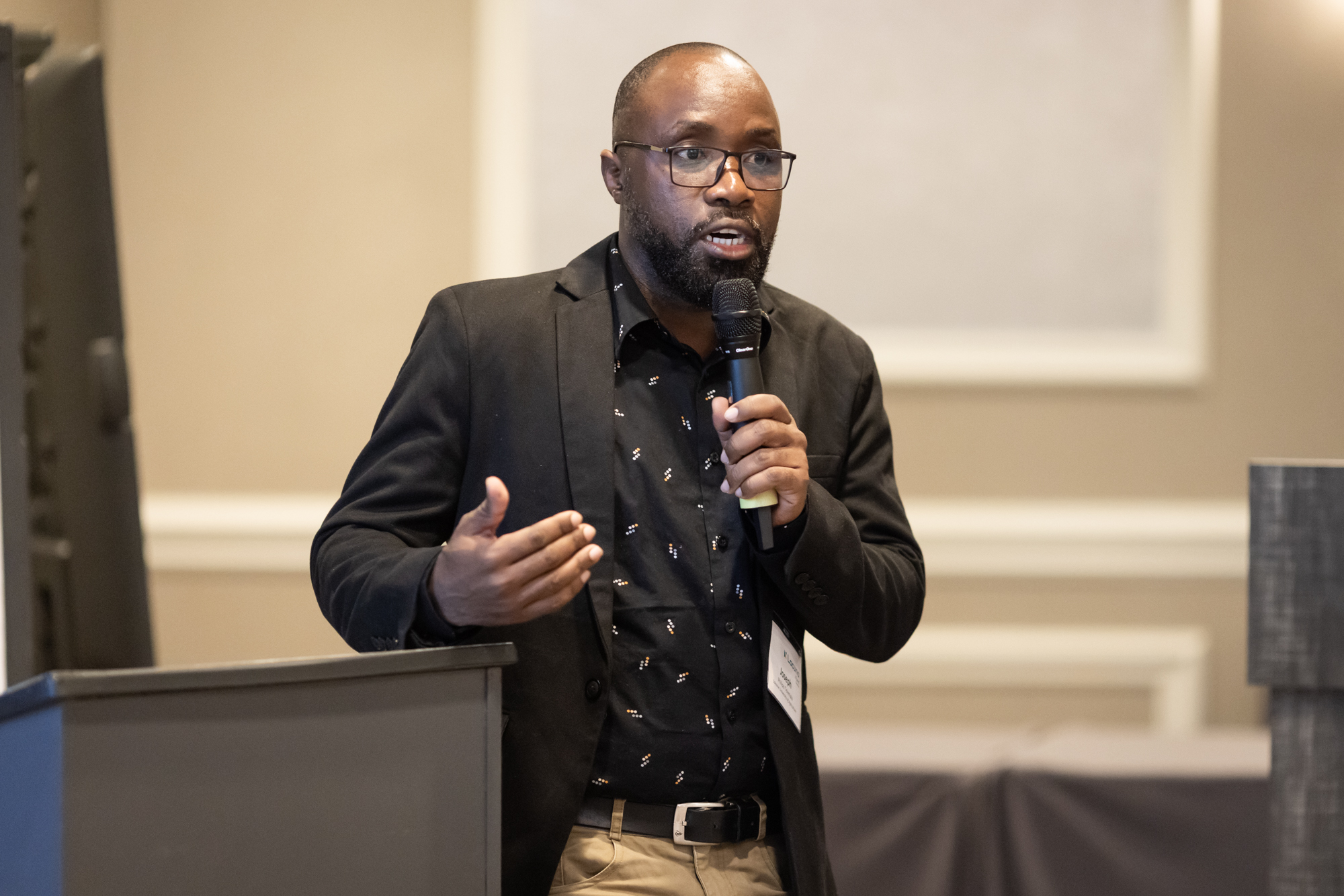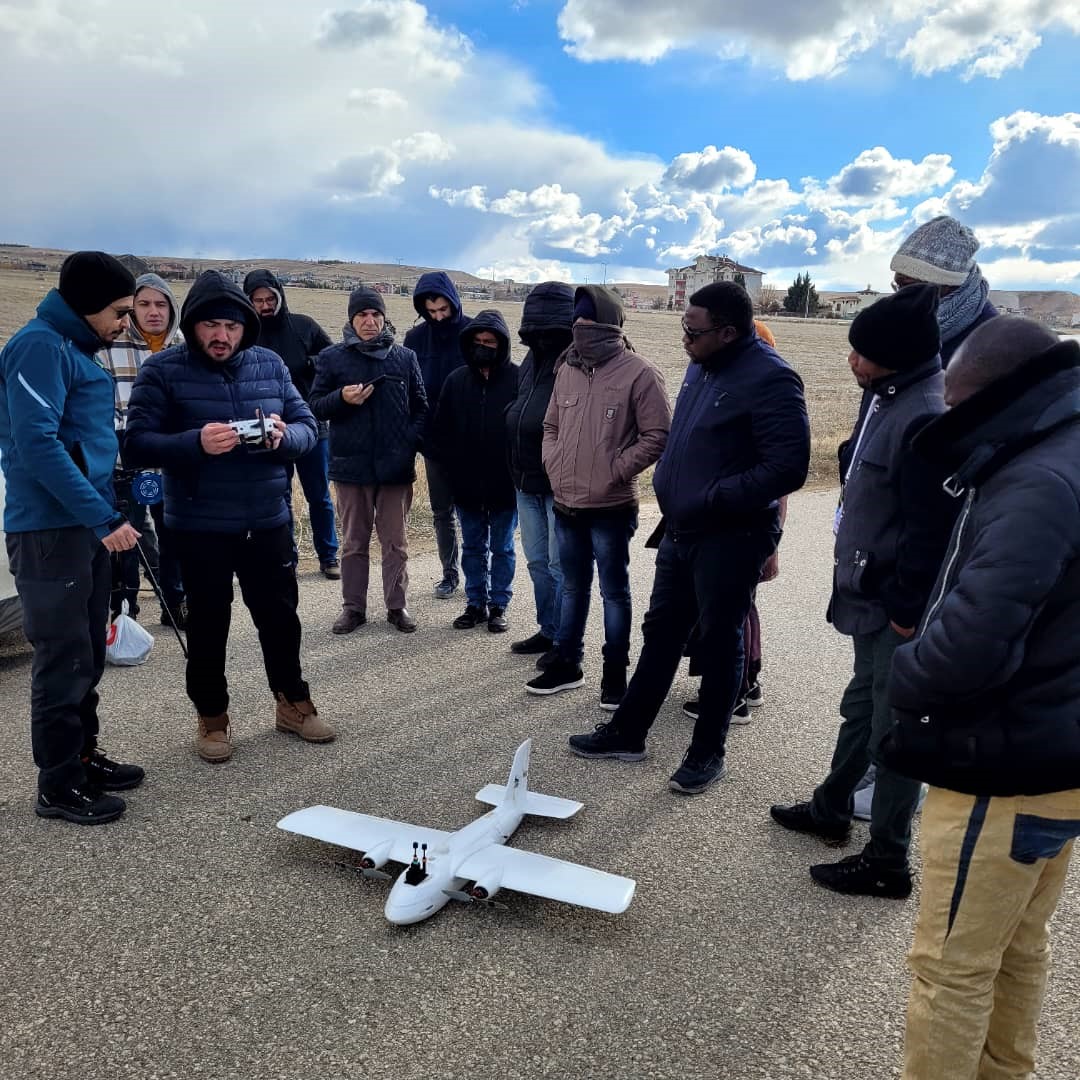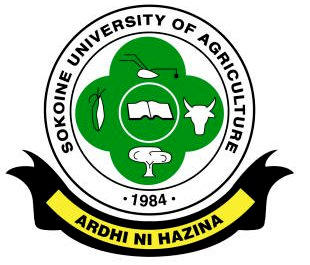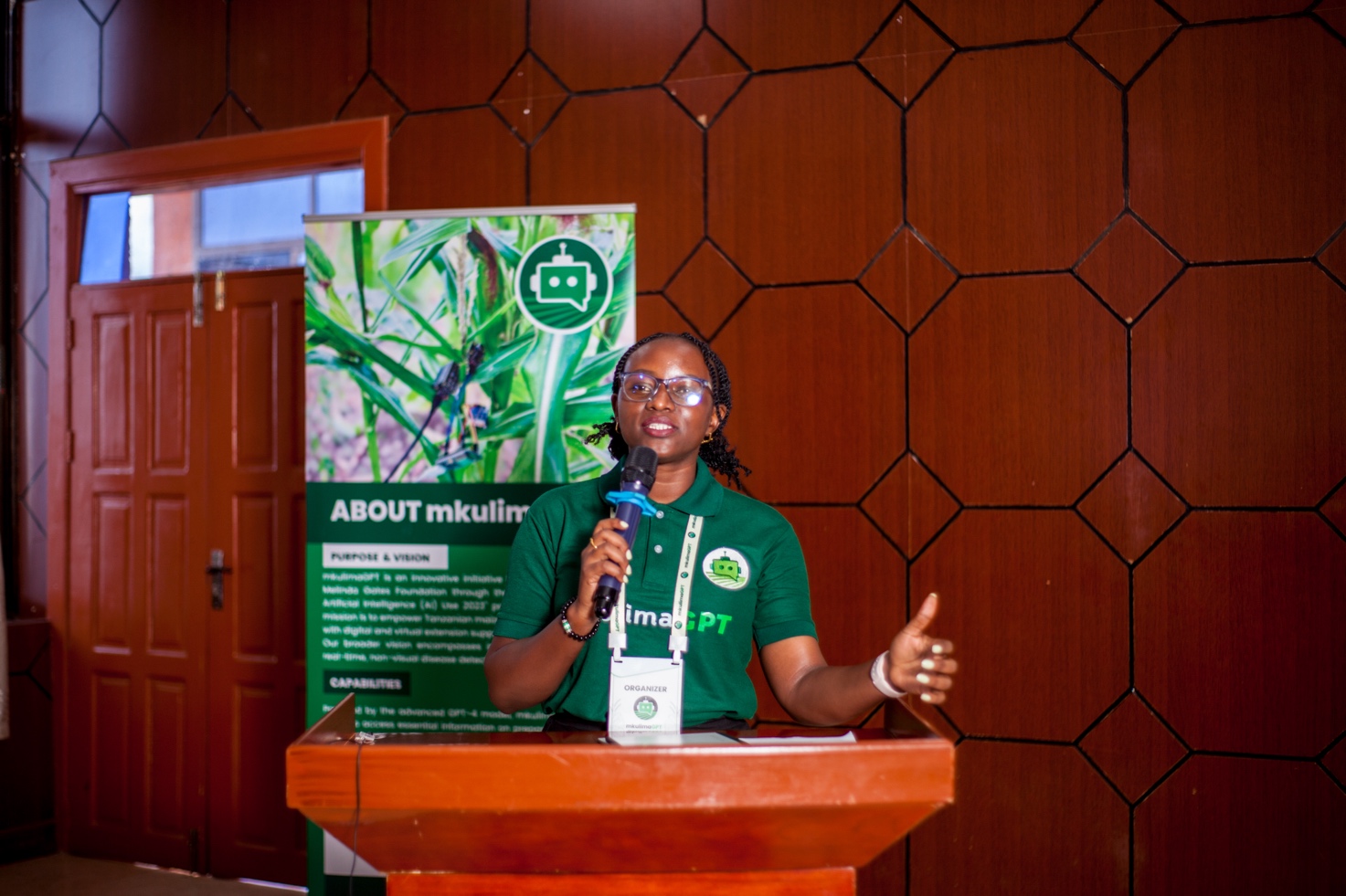Between 20th-21st September 2024, Dr. Joseph Telemala, from our Department of Informatics and Information Technology at SUA, had the opportunity to share ACHE Project with a global audience at the Lacuna Fund Grantees Convening in New York City. Representing the “Tanzania Climate-Sensitive Waterborne Diseases Dataset for Predictive Machine Learning” project — ACHE Project, Dr. Telemala joined researchers and data scientists from across the world in an event that underscored the potential of data in combating climate-related challenges.
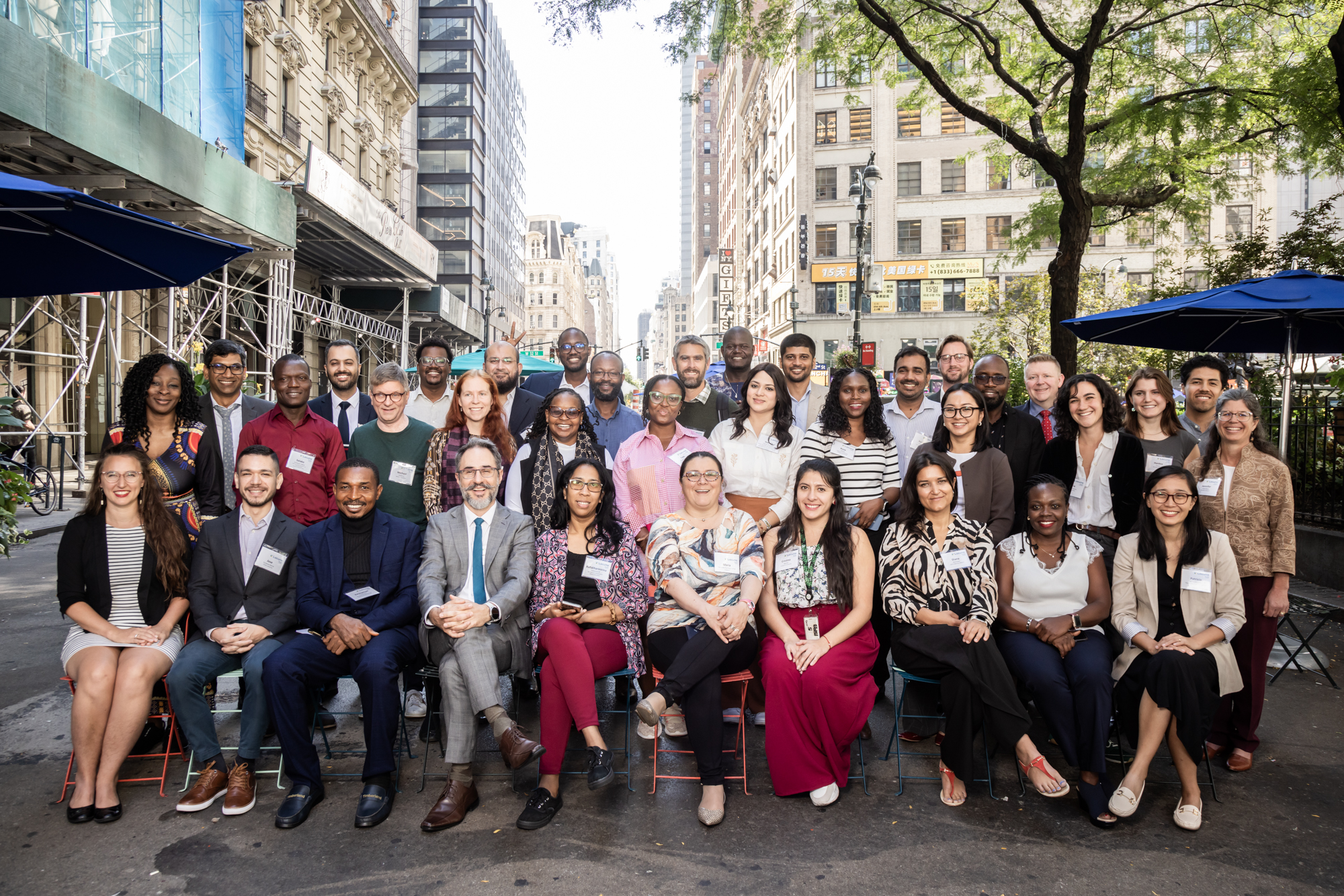
The ACHE Project, aimed to strengthen Tanzania’s preparedness for climate-sensitive waterborne diseases, is actively collecting data from five municipalities: Morogoro MC, Ilala CC, Temeke MC, Dodoma CC, and Singida MC. By collecting and analyzing information on local water sources, sanitation/toilet facilities, waste management facilities, weather patterns, and disease cases—specifically targeting typhoid, diarrhea, and amoeba infections—the project is creating a predictive dataset for machine learning applications. The data will equip the Ministry of Health, local governments, healthcare providers, and stakeholders with tools for early-warning systems, essential for disease prevention and response planning.
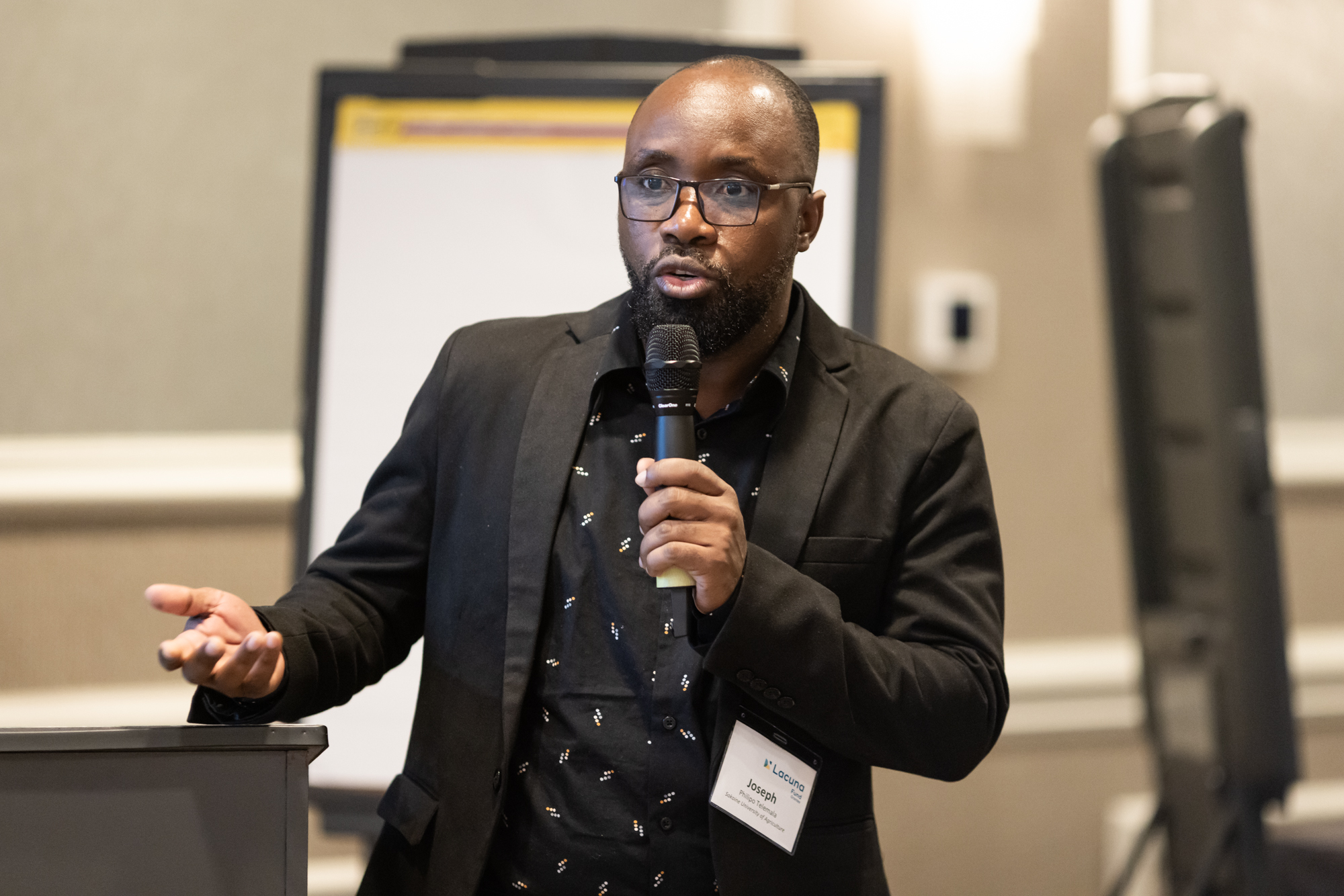
At the convening, which hosted Lacuna Fund grantees from countries as diverse as Tanzania, Brazil, Colombia, Mexico, India, Pakistan, Iran, Sri Lanka, Uganda, Kenya, South Africa, Madagascar, Ghana, Nigeria, Democratic Republic of Congo, Spain, Philipines, Germany, etc, Dr. Telemala participated in a “Lightning Talk” where he introduced the goals, scope and progress of the ACHE Project to a captivated audience. He also joined a panel discussion on the intersection of climate and health, where he shared how data-driven insights could help prevent outbreaks by predicting high-risk periods and regions for climate-sensitive waterborne diseases.
Throughout the two-day event, Dr. Telemala engaged in workshops and discussions on data use cases for climate impact, governance and quality in data management, the relationship between AI and climate change, and ethical considerations around AI bias, gender, and human rights. Alongside these sessions, participants enjoyed networking activities, including “Speed Dating” to foster collaboration, and a closing reflection on shared lessons and future directions.
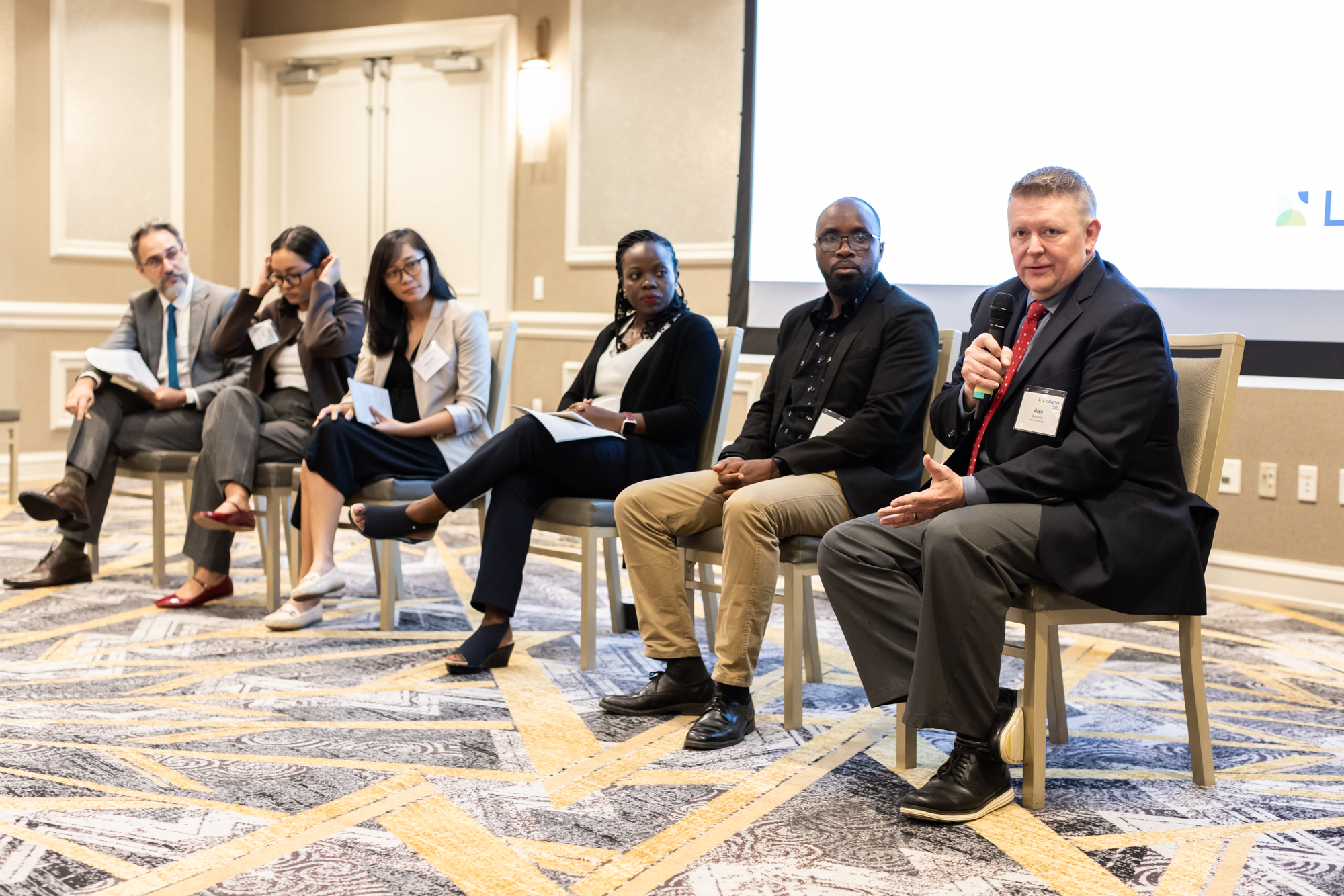
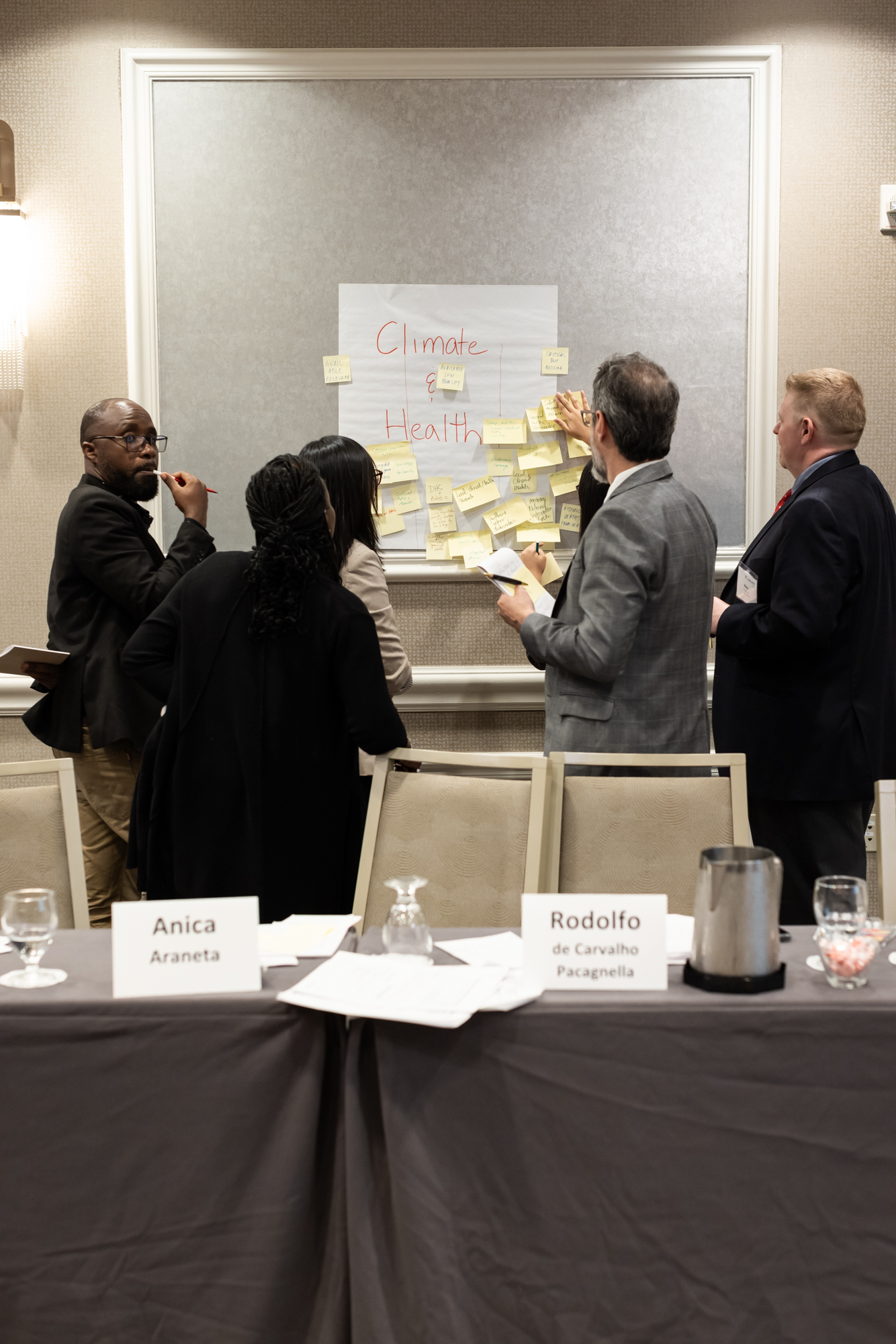
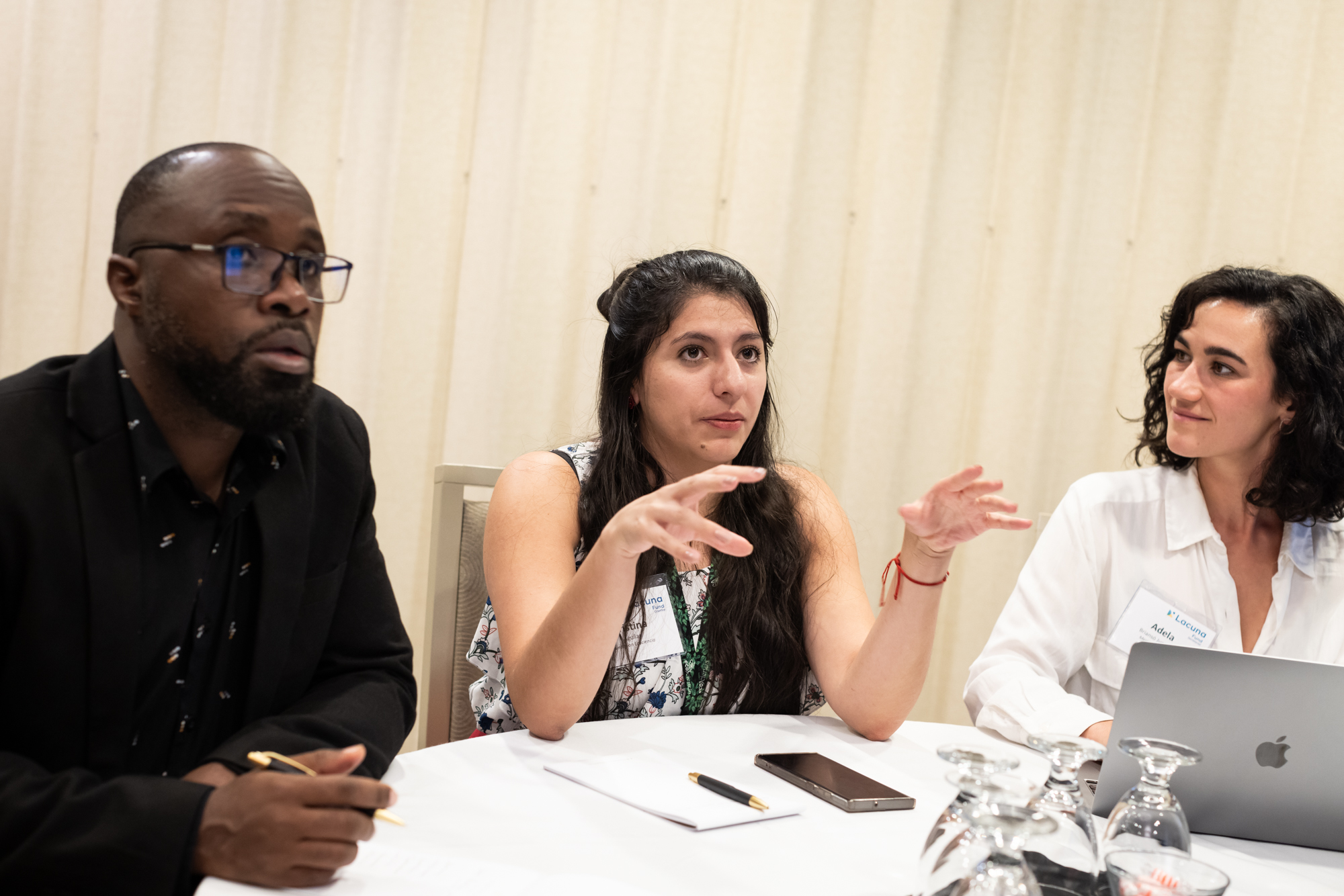
Adding a memorable highlight, Dr. Telemala joined his fellow attendees at the Times Square, cheering on climate change advocates running to raise awareness for Africa’s climate challenges. His participation not only showcased Tanzania’s commitment to health resilience through AI but also strengthened connections with global leaders dedicated to harnessing data for climate action.
